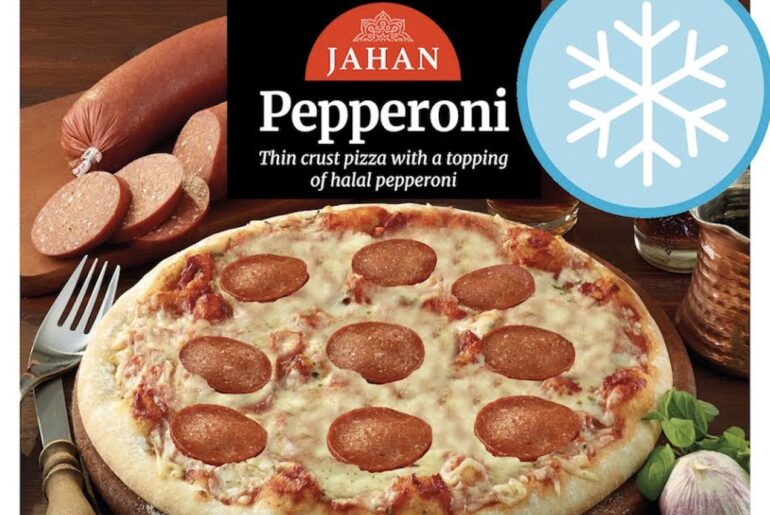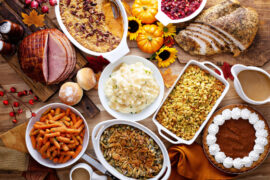As Muslim communities continue to grow in Europe, with the population reaching 3.9 million in 2021, demand for halal food expands accordingly. According to the Pew Research Center’s Forum on Religion & Public Life, the population of adherents to Islam around the world is expected to increase by about 35% from 2010-2030, rising from 1.6 billion in to 2.2 billion.
A recent report issued by Mordor Intelligence revealed that the European halal foods and beverages business is experiencing significant transformation driven by demographic shifts and changing consumer preferences. In fact, the research firm has estimated that sales volume is poised to grow at a compound average growth rate of 5.61% between 2025 and 2030.
Data compiled by the Halal Monitoring Committee UK (HMC) and the University of Huddersfield suggests that halal products account for 15% of Britain’s overall meat and poultry sector at £1.7 billion.
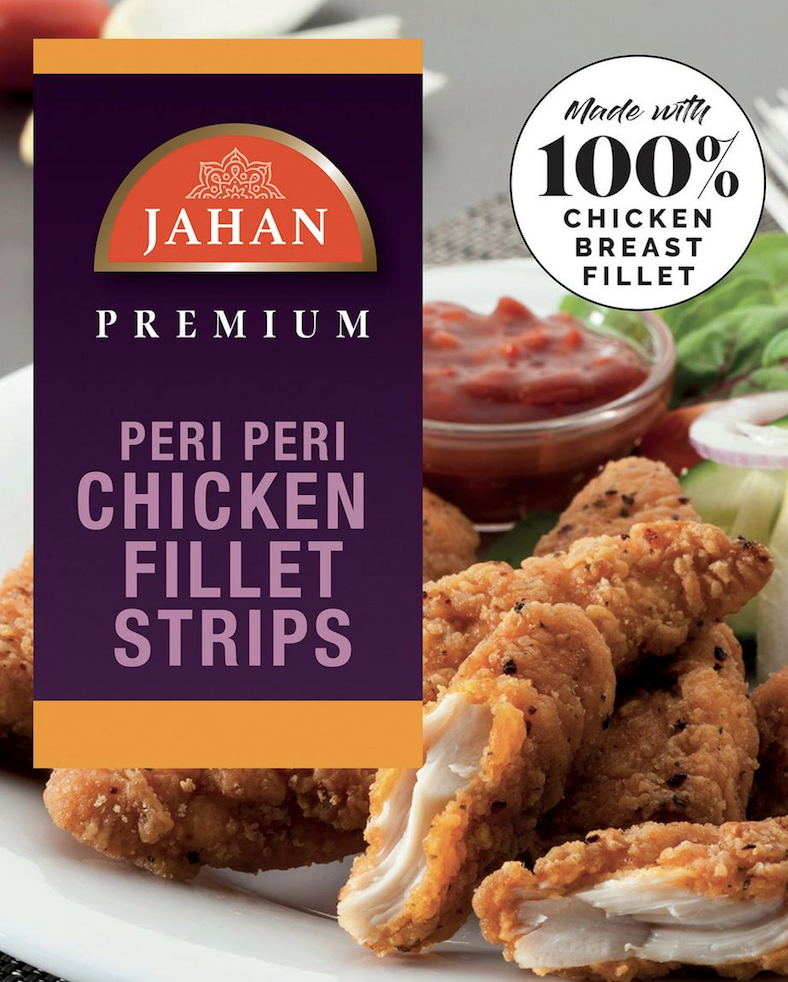
“Halal food spending in the UK has seen remarkable growth, with estimates exceeding £4.5 billion, making up nearly 8% of the country’s total food and beverage expenditure,” said Dr Amer Rashid, technical director of Halal Certification Organisation Ltd (HCO). “Despite representing around 6.5% of the population, the Muslim community accounts for a significant portion of meat consumption, particularly lamb (around 30%).”
He added: “This market growth is driven not only by a rising Muslim demographic, but also by increasing interest in halal-certified products among health-conscious and ethically aware consumers. With demand on an upward trajectory, the halal food sector is set to remain a key player in the UK’s food industry.”
Major retailers across Europe are responding to the evolving business by expanding their halal-certified food offerings and improving product visibility. Leading supermarket chains in Britain including Tesco, Sainsbury’s, Marks & Spencer and Waitrose have established dedicated in-store halal sections, featuring a comprehensive range of products.
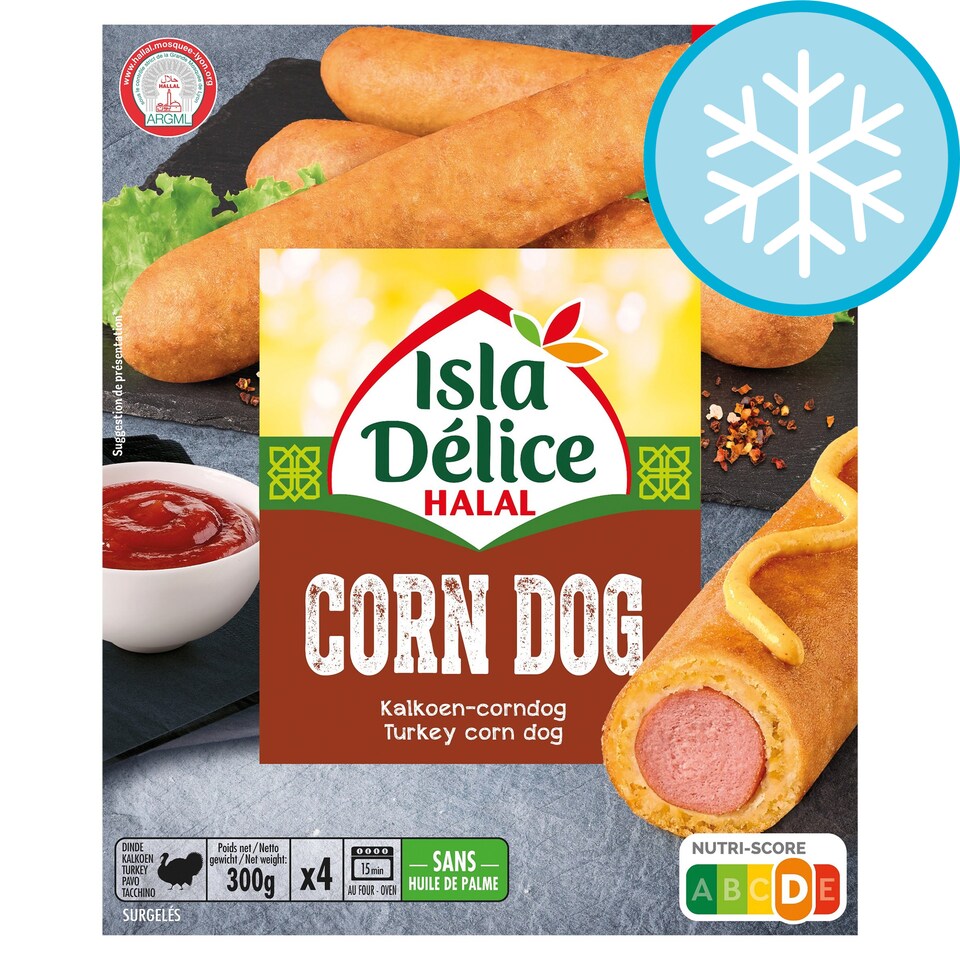
Tesco, for example, sells a line of halal products including spicy burgers and turkey corn dogs under the Isla Delice brand, Mr Prawn cooked prawns and Itsu vegetable fusion gyoza.
Sainsbury’s offering includes Azeem halal hot and spicy chicken wings and Jahan peri peri chicken fillet strips.
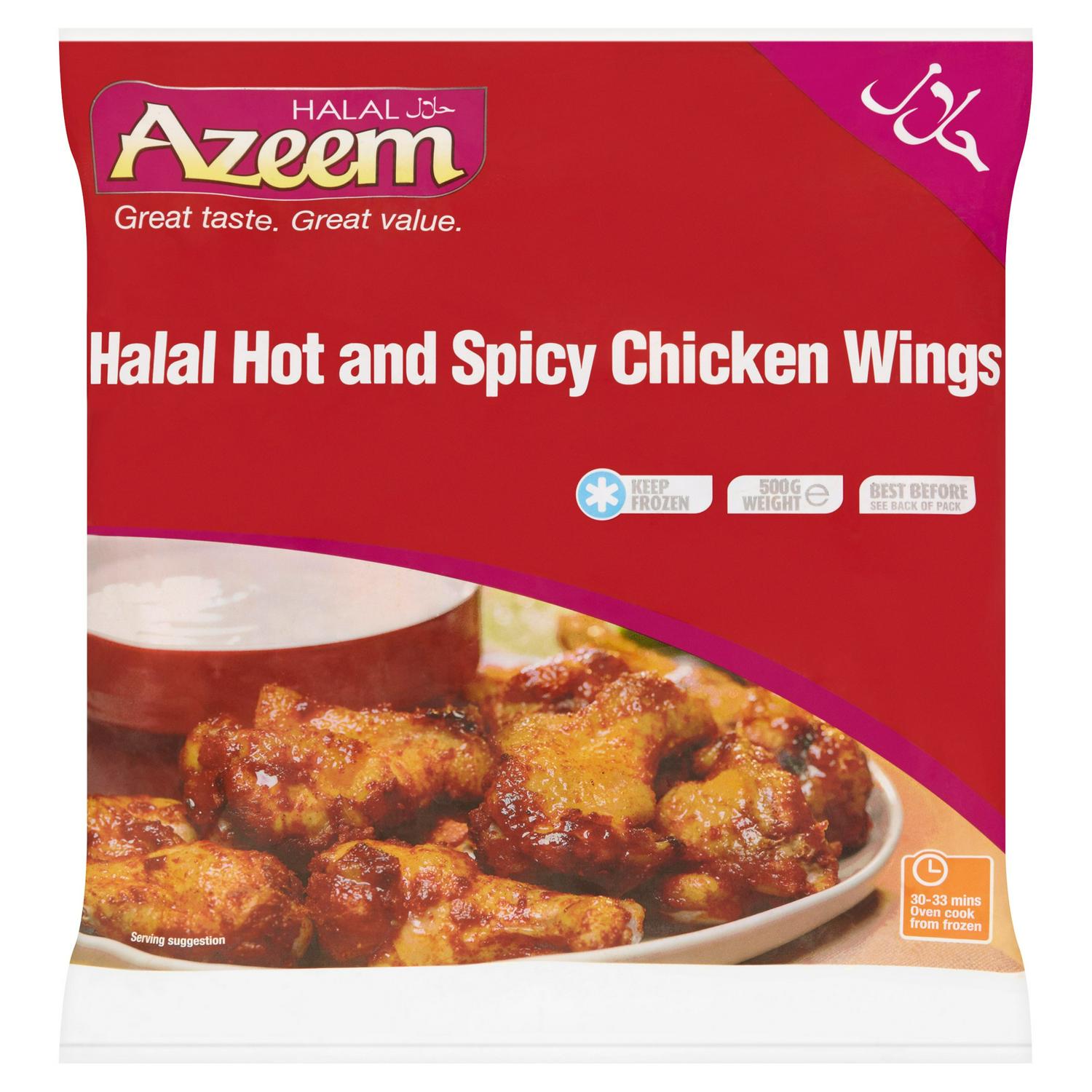 The emergence of specialized halal-focused online retailers, such as Tahira, Healthy Halal, Haloodies and Halal Street are expanding reach through digital platforms, making foods permissible under Islamic law more accessible to consumers.
The emergence of specialized halal-focused online retailers, such as Tahira, Healthy Halal, Haloodies and Halal Street are expanding reach through digital platforms, making foods permissible under Islamic law more accessible to consumers.
Wiltshire Farm Foods, part of Apetito, provides a range of frozen halal ready meals to hospitals, care homes and schools, as well as individuals. The brand offers a variety of Asian dishes, including halal coconut fish saag chhole with pulao rice.
“Our most popular halal products are coated chicken, which includes crispy, spicy and breaded options,” said Kaleem Ahmed, sales director at Dima Foods. “These products have gained significant traction due to their high quality, convenience and versatility, making them a favorite among households. The appeal lies in their quality taste, ease of preparation and affordability, catering to a wide arrange of family needs.”
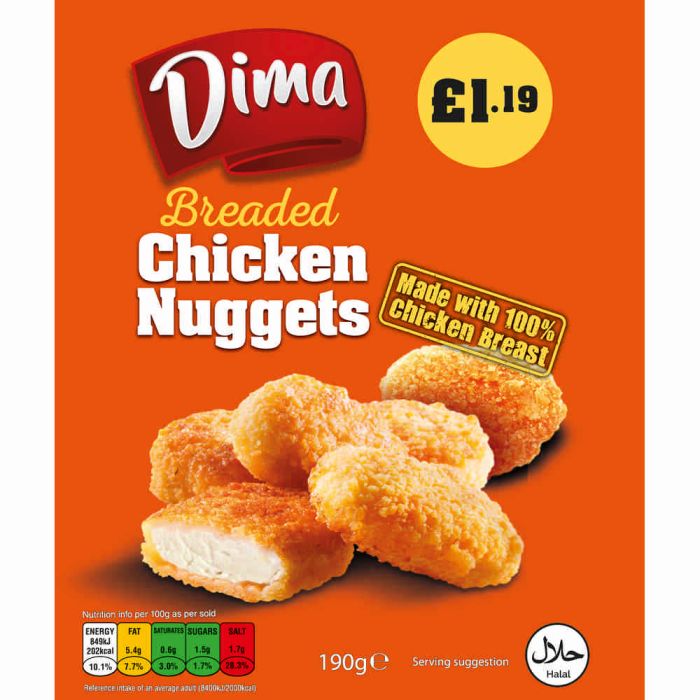
Increased Demand
The Leeds, West Yorkshire-based company has experienced a notable rise in orders for its halal products. This growth is evident in the increasing number of retailers stocking its range, higher demand for SKUs, and a rise in overall market penetration. Indeed, halal-certified foods are no longer niche.
“Our ability to offer high-quality products at competitive prices makes our brand a preferred choice among consumers,” said Ahmed.
Consumer Trust
Mordor Intelligence attributes product innovation and halal certification standards as crucial differentiators in the market. Halal certification has evolved beyond religious compliance, becoming a symbol of food safety hygiene, and reliability, according to HCO. As a result, manufacturers have focused new product development on foods that combine halal certification with organic, vegan, gluten-free, and cruelty-free attributes.
“The certification landscape has evolved with the establishment of regulatory bodies like Halal Europe and the Halal Food Council of Europe (HFCE), which standardize norms and certifications across the region. These organizations play a vital role in maintaining product integrity and building consumer trust through stringent certification processes,” reports Mordor Intelligence.
Subsequently, many non-Muslim consumers now associate halal certification with quality assurance and ethical production practices, which has led to manufacturers emphasizing clean labeling and transparent production processes.
Product Direction
Convenience and quality remain top priorities for consumers and halal frozen foods are a significant part of this growth. The Surya Foods management team projects halal frozen foods to be worth over £135 million in Britain, with a robust annual growth rate of around 25%.
“This indicates a strong demand for ready meals, driven by evolving preferences for high-quality, convenient, and culturally tailored products, particularly among younger demographics,” said Rashid. “The trend reflects broader societal shifts towards convenience without compromising on ethical and dietary standards.”
There is plenty of scope for innovation in the frozen halal ready meal sector, according to HCO, as detailed below.
Gourmet Plant-Based Meals: Premium vegan curries, lasagnes and stir-fries that cater to the rising plant-based trend.
Halal Fusion Meals: Modern twists on halal favorites, such as halal chicken tikka, beef burger, zinger burger, pizza or fusion bao buns, appealing to younger, adventurous consumers.
Customizable Meal Kits: Frozen kits where customers can select their protein, vegetables and seasoning, offering personalization and convenience.
Ethnic Breakfast Options: Frozen Shakshuka, parathas or congee catering to the demand for diverse, international breakfast meals.
Functional & Sustainable Meals: Frozen meals enriched with superfood ingredients for health-conscious consumers, such as antioxidant-rich soups and smoothie bowls.
“These products capitalize on convenience, health and cultural diversity which are key drivers for future market growth,” said Rashid.
Convenience, health and cultural and sustainability issues are driving the evolution of the frozen halal food market, providing opportunities for the industry to meet and benefit from demand.

